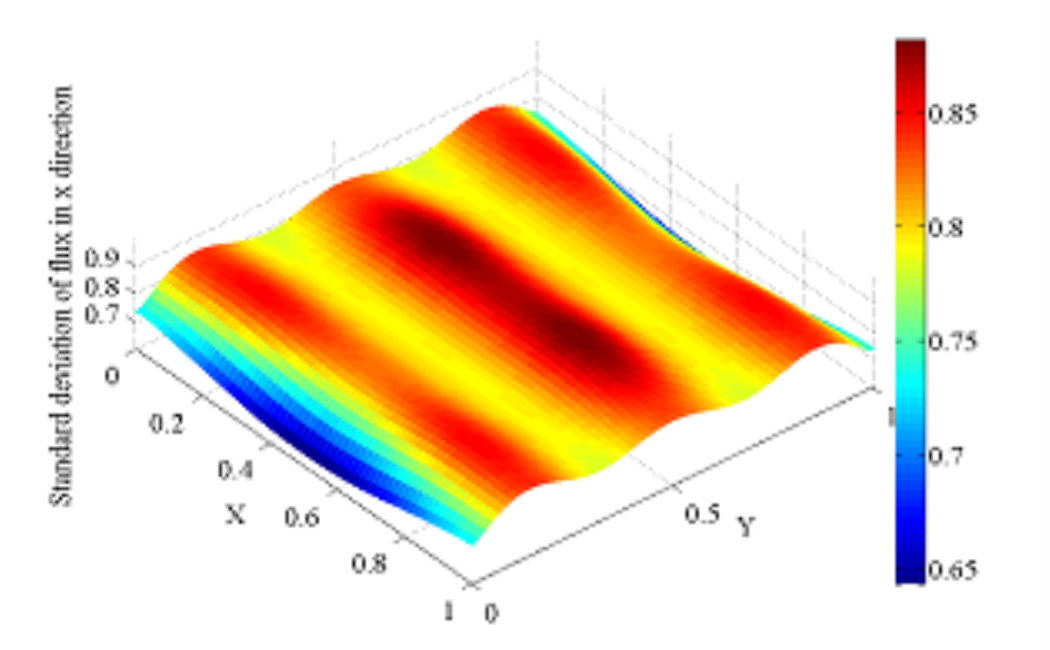
Motivation
In this project, we address the mathematical modeling, numerical simulation, and uncertainty quantification of multiphase flow in porous media with a special emphasis on CO2 storage in geological formations. Carbon Capture and Storage (CCS) is a family of technologies and techniques that enable the capture of CO2 from fossil fuel combustion and industrial processes in order to prevent the produced CO2 to be released into the atmosphere without control.
Methodology
This project is characterized by an interdisciplinary and multi-scale approach. At each scale, we solve the corresponding PDE model with High Performance Computing techniques. We use the description at fine scales to estimate the unknown parameters at large scales by solving an inverse problem (i.e. statistical calibration and validation of large scale models) based on Bayesian inference.
Results and ongoing work
We are currently developing a family of multi-scale models for two-phase flows at different scales. We will use these results, from the more detailed and computationally more expensive ones to the simplified ones, to assess the reliability and variability in the prediction of quantities of interests, such as CO2 flow rates. The overall goal of the project is to obtain a reliable field-scale model by a robust estimation of its parameters. We will extend the approach to other common porous media problems, such as oil recovery and contaminant dispersion. The pictures below show a pore-scale simulation of flow and transport phenomena in a three-dimensional porous medium and the statistical moments of Darcy fluxes in a square domain.


 Fast Estimation of Expected Information Gains forBayesian Experimental Designs Based on Laplace Approximations. Computer Methods in Applied Mechanics and Engineering, 259, 24–39, 2013
Fast Estimation of Expected Information Gains forBayesian Experimental Designs Based on Laplace Approximations. Computer Methods in Applied Mechanics and Engineering, 259, 24–39, 2013